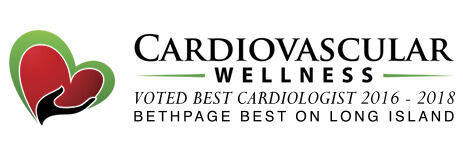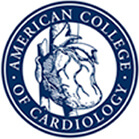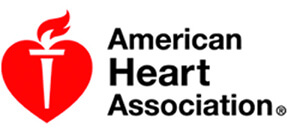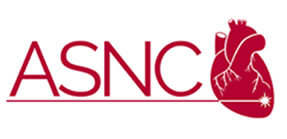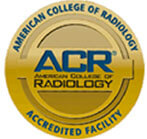Nassau County Heart Attack Specialist

At Cardiovascular Wellness, we provide comprehensive care for individuals at risk of or recovering from heart attacks. Our team of skilled cardiologists and healthcare professionals is dedicated to helping you manage your heart health effectively.
What Is a Heart Attack?
A heart attack, also known as a myocardial infarction, occurs when blood flow to the heart is significantly reduced or completely blocked. This often results from the buildup of fatty deposits (plaque) in the coronary arteries. Without enough oxygen-rich blood, the affected heart muscle can suffer permanent damage.
Signs and Symptoms of a Heart Attack
Recognizing the signs of a heart attack is crucial for seeking timely medical attention. Common symptoms include:
- Chest pain or discomfort (often described as pressure, tightness, or a squeezing sensation)
- Pain or discomfort in one or both arms, the back, neck, jaw, or stomach
- Shortness of breath
- Nausea or vomiting
- Cold sweats
- Lightheadedness or dizziness
If you or someone you know experiences these symptoms, call 911 immediately.
What Causes a Heart Attack?
Heart attacks are usually caused by coronary artery disease (CAD), a condition in which plaque builds up in the coronary arteries. Risk factors for CAD and heart attacks include:
- High blood pressure
- High cholesterol
- Smoking
- Diabetes
- Obesity
- Physical inactivity
- Family history of heart disease
Diagnosing a Heart Attack
Our specialists use various diagnostic tools to evaluate heart health and determine the cause of symptoms. These may include:
- Electrocardiogram (ECG): Measures the heart’s electrical activity to detect abnormalities.
- Blood Tests: Identify markers that indicate heart damage.
- Echocardiogram: Uses ultrasound to visualize the heart’s structure and function.
- Angiography: Examines blood flow through the coronary arteries using X-ray imaging.
Treatment Options for a Heart Attack
Effective treatment can save lives and minimize damage to the heart muscle. Depending on the severity of the condition, we may recommend:
- Medications: To dissolve blood clots, reduce pain, and improve heart function.
- Angioplasty and Stenting: Opens blocked arteries and restores blood flow.
- Coronary Artery Bypass Grafting (CABG) Creates a new pathway for blood to reach the heart.
- Lifestyle Changes: These include smoking cessation, dietary improvements, and increased physical activity.
Preventing a Heart Attack
Prevention is key to maintaining heart health and reducing the risk of a heart attack. Steps you can take include:
- Eating a heart-healthy diet rich in fruits, vegetables, whole grains, and lean proteins
- Regular physical activity
- Managing stress levels
- Avoiding tobacco products
- Monitoring and managing blood pressure, cholesterol, and diabetes
- Regular check-ups with a cardiologist
Frequently Asked Questions
Can You Have a Heart Attack Without Chest Pain?
Yes, not all heart attacks involve chest pain. Some individuals may experience atypical symptoms like shortness of breath, nausea, or back pain, especially in women and older adults. If you suspect a heart attack, seek medical help immediately.
What Should I Do if I Think I’m Having a Heart Attack?
Call 911 immediately. While waiting for emergency services, chew and swallow an aspirin (if not allergic) to help prevent further blood clotting. Do not attempt to drive yourself to the hospital.
How Long Does Recovery From a Heart Attack Take?
Recovery time varies depending on the severity of the heart attack and the treatments received. Most people can resume normal activities within a few weeks to a few months with guidance from their healthcare provider.
Can a Heart Attack Be Completely Prevented?
While no prevention method is 100% effective, adopting a healthy lifestyle and managing risk factors can significantly lower the likelihood of experiencing a heart attack.
What’s the Difference Between a Heart Attack and Cardiac Arrest?
A heart attack is caused by a blockage that stops blood flow to the heart, while cardiac arrest occurs when the heart suddenly stops beating due to electrical disturbances. Both are medical emergencies but require different treatments.
Why Choose Cardiovascular Wellness?
At Cardiovascular Wellness, we offer personalized care and treatment options tailored to your unique needs. We will support you throughout your heart health journey, from prevention and diagnosis to recovery and ongoing management. Contact us today to take proactive steps toward a healthier heart.
Cardiovascular Wellness Specialty Care, P.C. serves all of Long Island, New York, with locations in Lake Success and Hicksville, including Nassau County, Suffolk County, Great Neck, Manhasset, and surrounding areas.
